- Fierce fighting breaks out near junta’s No. 344 Artillery Regiment in Yekyi Twsp
- Indigenous communities in Chittagong Hill Tracts struggle amid ARSA threats
- Weekly Highlights from Arakan (Feb 16 to 22, 2026)
- Hindus struggle with livelihood hardships amid job shortages in Arakan State
- Equipment from Chinese-owned VPower plant in Kyaukphyu to be fully relocated amid growing conflict
End to fighting, resettlement of IDPs urged on World Refugee Day
More than 120 organisations called for a halt to military offensives on June 20, commemorated globally as World Refugee Day, demanding an end to armed conflict so that war refugees might return home.
20 Jun 2020
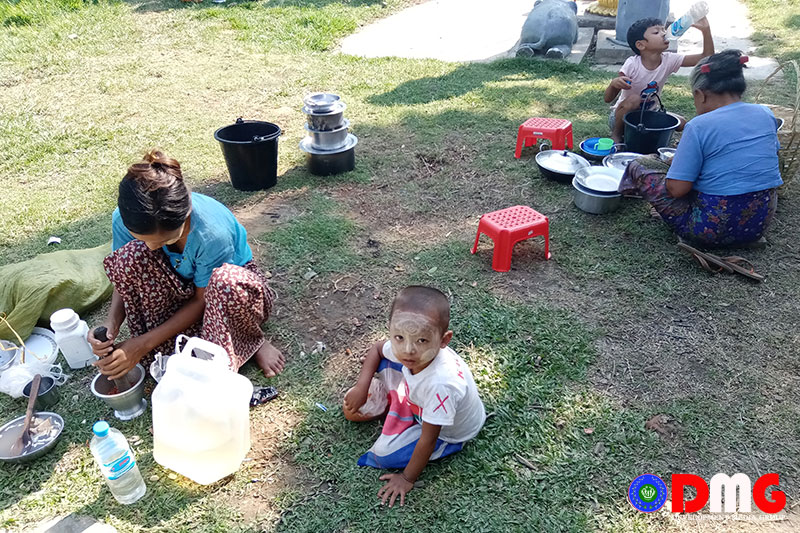
Aung Htein | DMG
20 June, Sittwe
More than 120 organisations called for a halt to military offensives on June 20, commemorated globally as World Refugee Day, demanding an end to armed conflict so that war refugees might return home.
A statement from the groups noted that people internally displaced (IDPs) by war faced an uncertain future as long as clashes between the Tatmadaw and the Arakan Army continued in western Myanmar.
“We want an end to war because we cannot do business and students cannot go to school due to clashes in our region,” said Ma Than Mya Win, a resident of Ann Township who is currently sheltering at an IDP camp in the Arakan State capital Sittwe. “We want peace and stability in the region.”
The number of IDPs in Arakan State has reportedly surpassed 156,000, with many facing hardships including lack of food, clothing and accommodation, as well as struggling to access healthcare and education.
The Tatmadaw’s so-called “counterterrorism” strategy had systematically and widely displaced civilians from ethnic areas in Arakan and Chin states, the World Refugee Day statement said, with operations including airstrikes that have killed and injured civilians — women and children among them. The statement also accused the military of unlawful detention and torture of innocent civilians.
It said hostilities are intensifying between the Tatmadaw and some ethnic armed groups, even in regions where ethnic armies that have signed the Nationwide Ceasefire Agreement hold territory, showing the shortcomings of the existing peace process.
In addition to demanding an end to offensive operations, the statement urged the Tatmadaw to take responsibility for violations of human rights and hold perpetrators accountable; to help villagers return and resettle in their places of origin by withdrawing troops in ethnic regions; and to do its part to establish a genuine federal, democratic government based on equal rights and self-administration.
Fighting between the Tatmadaw and the Arakan Army has plagued Arakan State for more than a year, escalating in recent months despite the former having declared a unilateral ceasefire on May 9.
Dozens of civilians in Arakan State and neighbouring Chin State have been killed and injured in just the past two months.




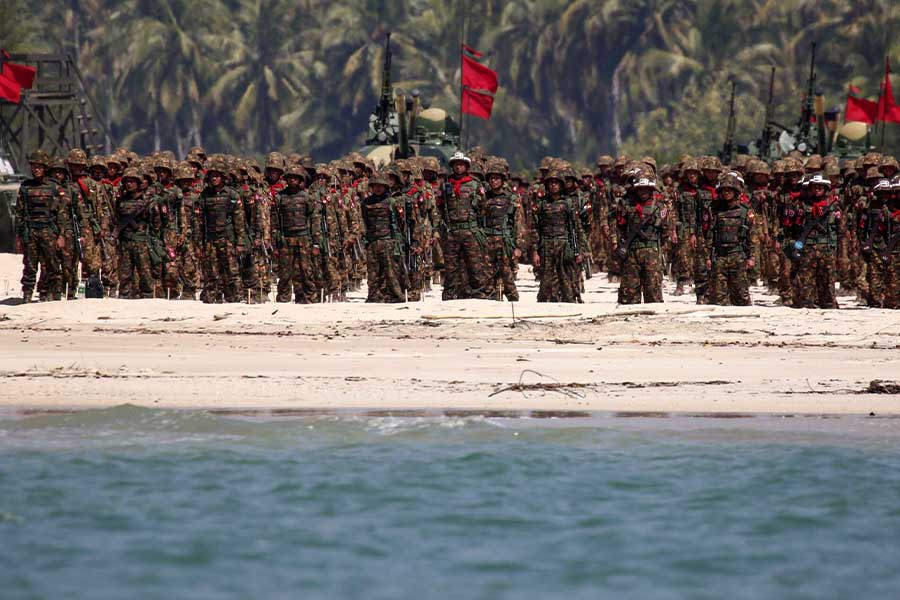
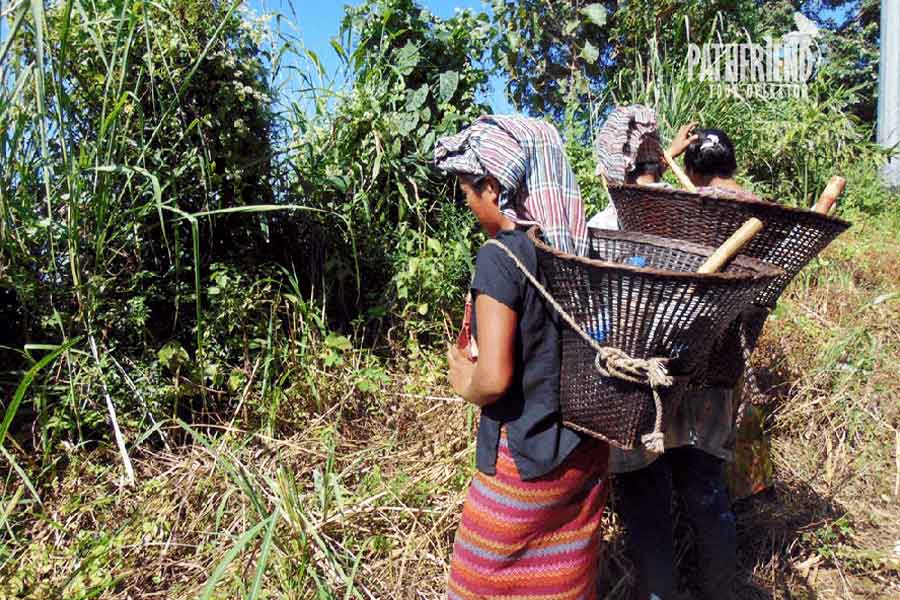
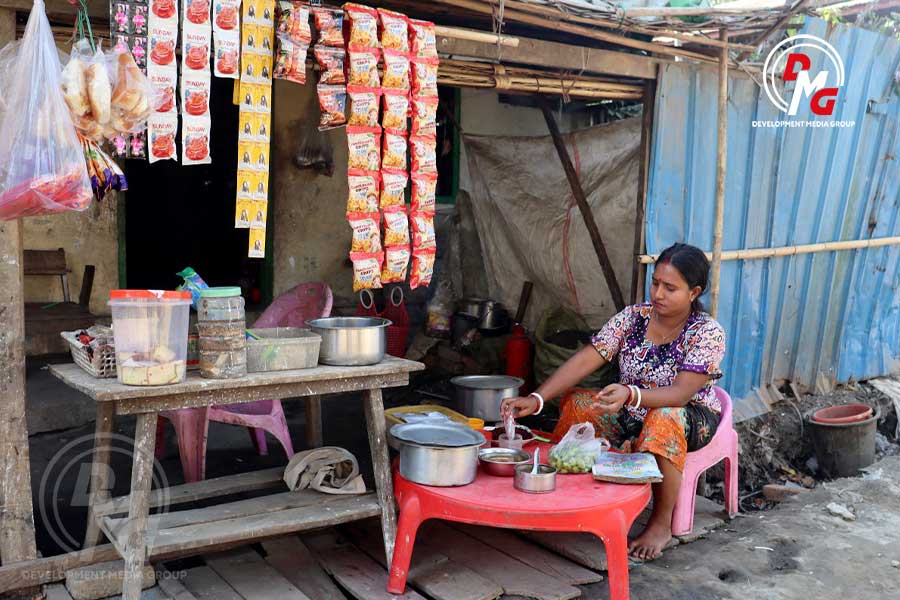
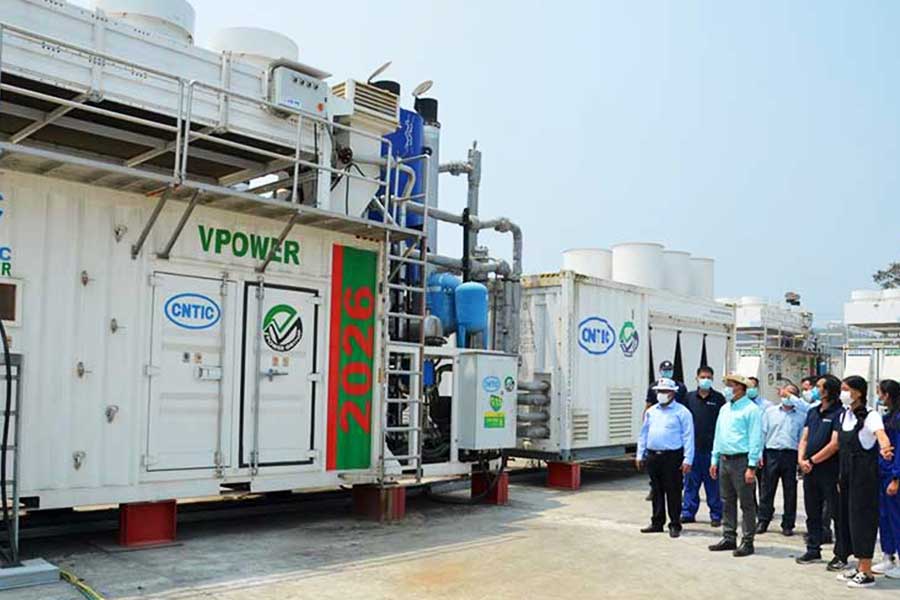
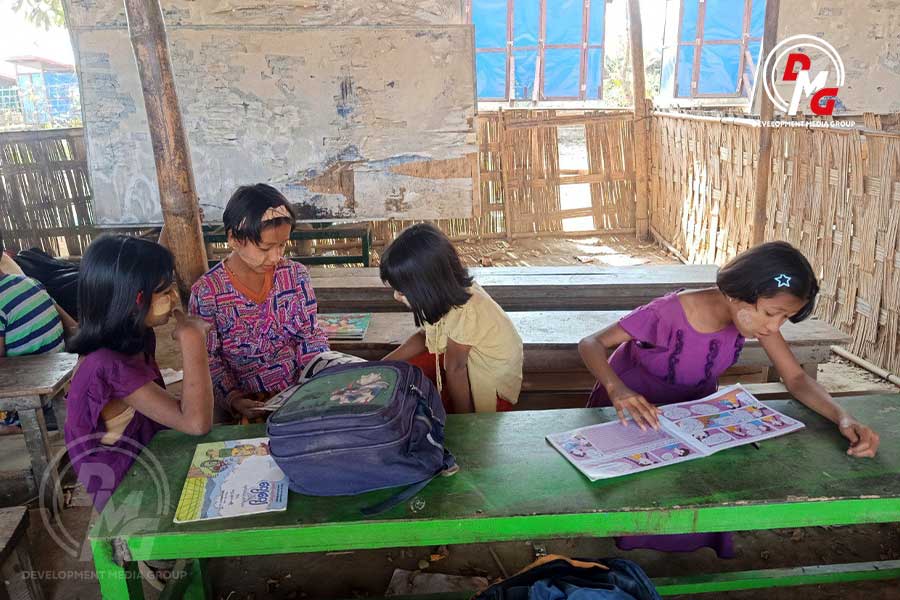








.jpg)